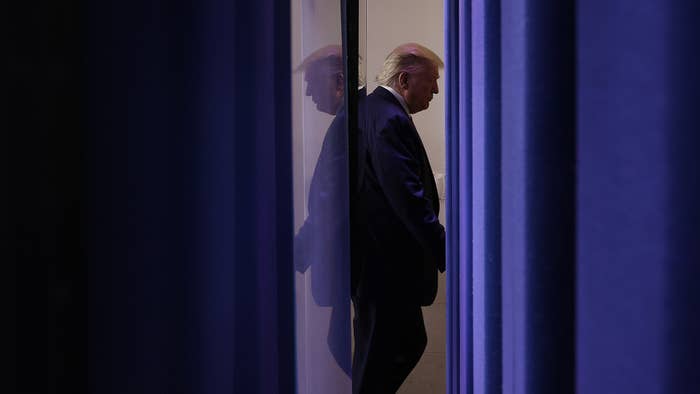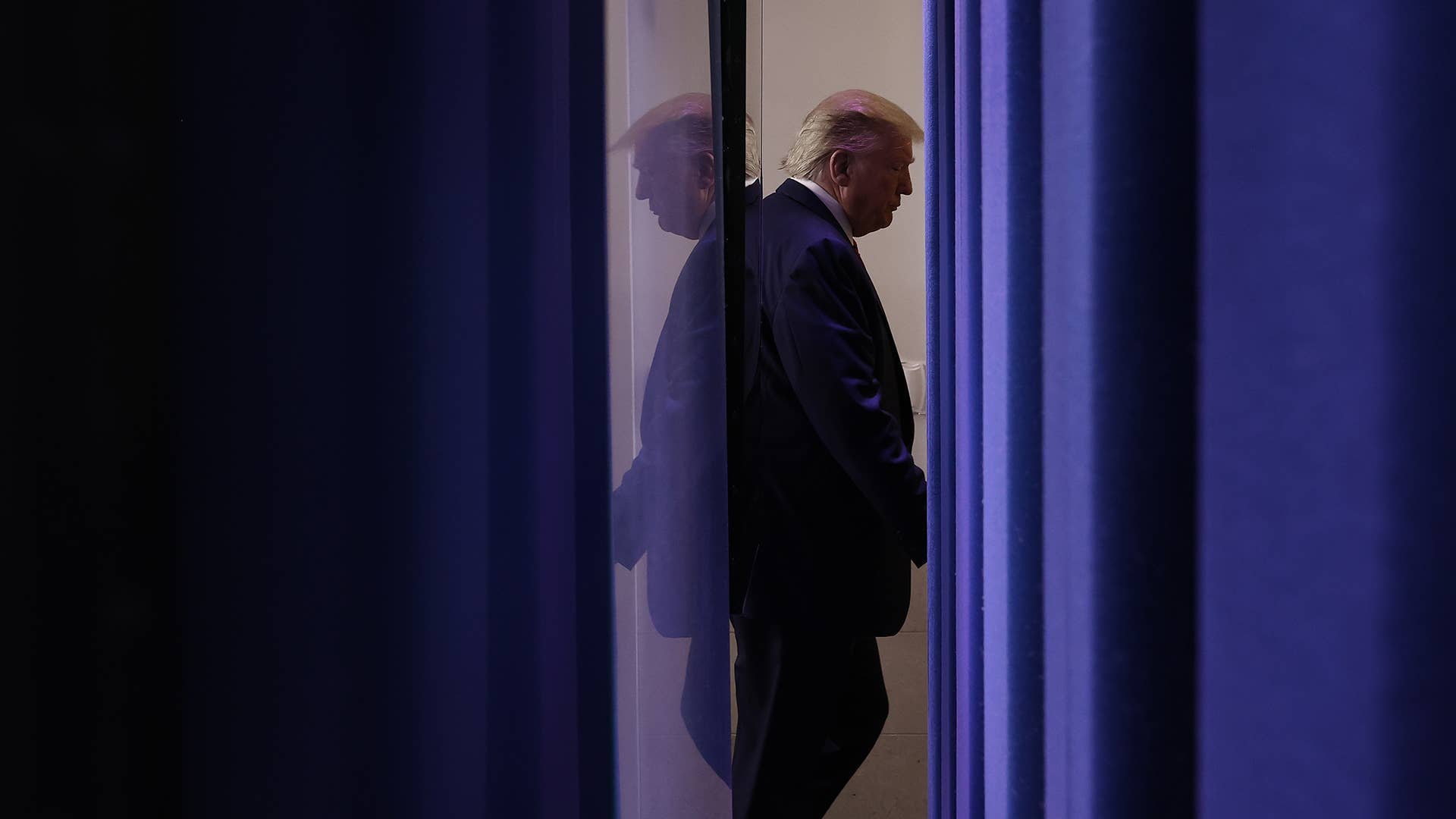
Last year, the Trump administration reportedly ran a virus outbreak simulation that showed how unprepared the country was for a real pandemic. The New York Times revealed that Trump's Department of Health and Human Services ran a simulation from Jan. to Aug. 2019 entitled "Crimson Contagion," and the results indicated the federal government was too underfunded, underprepared, and uncoordinated to handle such a scenario.
A draft report from October last year, which was marked "not to be disclosed," showed that 110 million Americans would become ill, 7.7 million would be hospitalized, and 586,000 would die. State officials and hospitals reportedly "struggled to figure out what kind of equipment was stockpiled or available," while cities and states were to make school closing decisions.
Trump, who went from saying the situation was "under control" to indicating that he always knew a pandemic was coming, had said this week that "nobody ever thought of numbers like this." The report from October shows that the Homeland Security and Health and Human Services Departments were very much aware of how unprepared the country was for an outbreak, and yet nothing was changed in order to prepare.
Just last month, around three weeks after the first COVID-19 coronavirus case was confirmed in the U.S., Trump submitted a 2021 budget proposal that saw a $693.3 million reduction in funding for the Centers for Disease Control.
The simulation was overseen by Air Force physician Robert P. Kadlec, who deduced that there was "a big problem." Secretary of the Navy in the Clinton Administration, Richard Danzig, worked with Kadlec and said "much bigger budgets" were needed to prepare for an outbreak. While the Department of Health and Human Resources noted the fictional outbreak is "very different than the novel coronavirus," the impact it would have on the country seems clear. The general response from those involved was confusion on how to squash the spread of the virus, which is arguably being echoed in the delayed response from the U.S. government.
Utah senator Mitt Romney recently blamed top health officials for not preparing for an outbreak. "That is an area we ought to consider making an investment in," he said, not knowing that the "Crimson Contagion" simulation already came to the same conclusion five months earlier.

